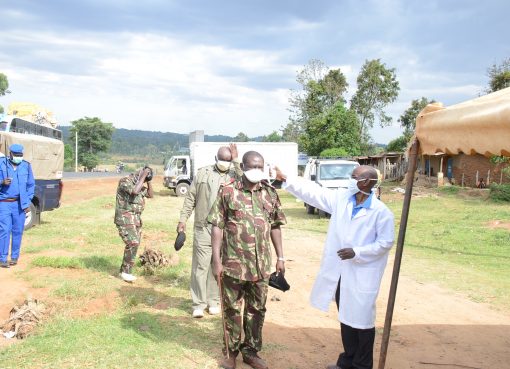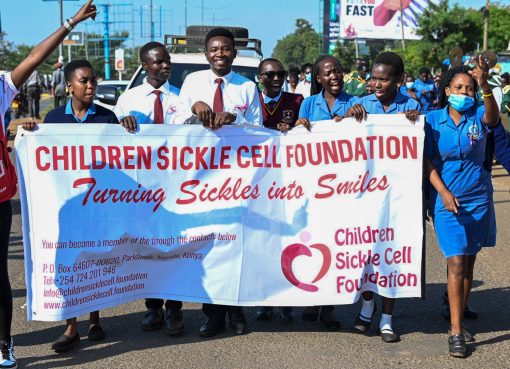Kenya and Italian governments have for the last three years collaborated to revamp the local coffee value chain through improving cooperative governance and exploring new market opportunities.
Speaking during the ARABIKA Coffee Day 2025 in Nairobi, Italian Agency for Development Cooperation (AICS) representative, Guilio Di Pinto, explained that the ARABIKA project is a collaboration between the Kenyan and Italian governments intended to help Kenya take its rightful place in the market by enhancing the quality of its products and ensuring better access to the markets.
Di Pinto stated that the Three-Million-Euro pilot project funded by AICS has been working through the whole coffee value chain: working with more than 30000 farmers in seven counties through 21 cooperatives.
“We closely collaborated with the government of Kenya to design intervention that will help the government revamp and support the coffee value chain, the process led to the launch of the ARABIKA project in 2021,” Di Pinto said.
He stated that Italy was recognized as a renowned focal point and the foreign government was approached marking the beginning of a long journey that has been rewarding,
Di Pinto noted that through the ARABIKA project they have worked tirelessly with farmers, coffee cuppers and cooperatives as well as establishing coffee cupping labs.
“I would call it a big pilot project because the commitment from the Italian government of 3 million Euros was an important commitment,” he said.
He stated that their commitment on coffee value chains will not stop with the ARABIKA project saying that supporting coffee producing countries like Kenya is one of the goals of the Italian government in the coming years.
“We are planning to work more on coffee in Kenya; invest and build on the good practices that the ARABIKA project has started,” he said.
The Director of Entrepreneurship Centres at e4Impact Foundation, David Cheboryot, on his part celebrated the achievements and milestones made in the coffee sector since the Arabica project began three years ago.
He noted that through the project they have been able to build a digital block-chain system for coffee farmers and digitize all the work that they are doing for traceability of the product.
“The world right now needs a traceable product that consumers can be able to say these are the farmers and this is their geolocation,” Cheboryot said.
He stated that they have digitized more than 30000 farmers on block chain, since the project started and added that another critical component they had to deliver for the project was market linkages, both locally and internationally.
“We have taken representatives from the 21 cooperatives to several international events, where they interact with global market players, buyers and rosters interested in buying Kenyan coffee as a way of internationalizing Kenyan coffee,” he said.
Cheboryot said the other bit of the project was to support local marketing and branding efforts of cooperatives, where they have developed coffee brands for the seven counties that will be used by the 21 cooperatives.
“We have had a lot of discussions with the stakeholders to create the right attributes and ways they would like their coffee to be known right from the naming all the way to the taste and the stories behind the coffee,” he said.
“We are now getting those brands recognized and registered and then hand them over to the counties and the 21 cooperatives,” he added.
He stated that the ARABIKA project also encourages adding value to coffee by roasting, grinding, packaging and introducing local consumption instead of just exporting the green coffee beans.”
Noah Kirui, the ARABIKA project manager, said the project has contributed to a sustainable coffee value chain through engaging farmers to increase coffee production through implementing climate smart agricultural technologies.
“The project over the past three years has renovated seven coffee laboratories in Murang’a, Embu, Nyeri, Machakos, Meru, Kiambu and Bungoma, which are training centres for farmers,” said Kirui.
He noted that the project has empowered cooperative societies through good governance and exchange visits for farmers to benchmark on the best practices in the industry and they have consolidated data on farmers and cooperatives to enhance their visibility and coffee profile.
“We have been doing a lot of exhibitions and taking farmers outside the country and also consolidated farmer information through a digital platform,” he said.
He noted that as the project comes to an end they have worked with county governments, the national government, the cooperatives and research institutions to ensure farmers continue benefiting from the intervention.
By Purity Mugo




